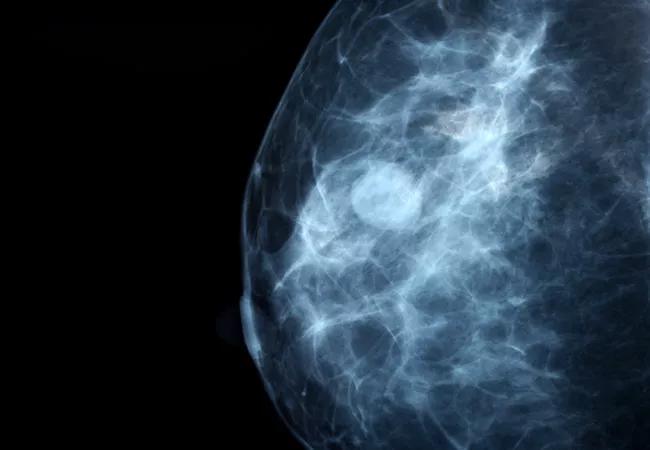
Q. Should we treat all breast cancer aggressively, just to be safe?
Advertisement
Cleveland Clinic is a non-profit academic medical center. Advertising on our site helps support our mission. We do not endorse non-Cleveland Clinic products or services. Policy
A. All patients don’t need all treatments. As our knowledge and understanding of outcomes has improved, we can safely personalize care. Using evidence-based management practices, we often are able to provide the best results with less treatment and minimal side effects.
Studies have shown that some patients over age 65 with early-stage breast cancer may be safely managed with surgery alone and may not need chemotherapy or radiation. In fact, radiation has not been shown to improve long-term survival in these patients
Similarly, chemotherapy is no longer prescribed for certain stages and types of breast cancer. We use molecular tests to determine which patients will and won’t benefit from chemotherapy.
For some patients when radiation is warranted, a single dose of intraoperative radiation can lower recurrence risk in a cost-effective way without causing side effects.
Because prognostic information based on molecular type allows us to personalize care, we engage patients in discussions of benefit and risk. They need to know that aggressive treatment may not always mean better outcomes.
Advertisement
Advertisement

First-of-its-kind research investigates the viability of standard screening to reduce the burden of late-stage cancer diagnoses

Global R&D efforts expanding first-line and relapse therapy options for patients

Study demonstrates ability to reduce patients’ reliance on phlebotomies to stabilize hematocrit levels

A case study on the value of access to novel therapies through clinical trials

Findings highlight an association between obesity and an increased incidence of moderate-severe disease

Cleveland Clinic Cancer Institute takes multi-faceted approach to increasing clinical trial access 23456

Key learnings from DESTINY trials

Overall survival in patients treated since 2008 is nearly 20% higher than in earlier patients